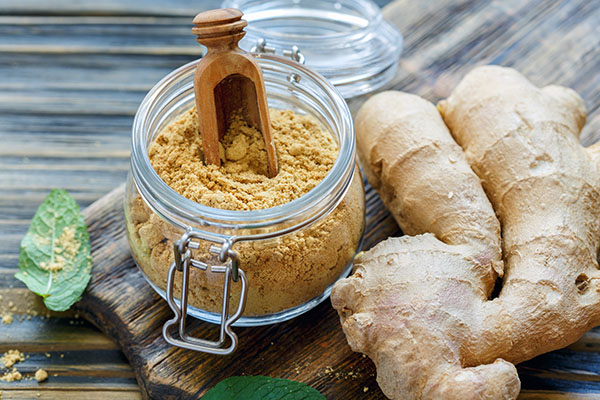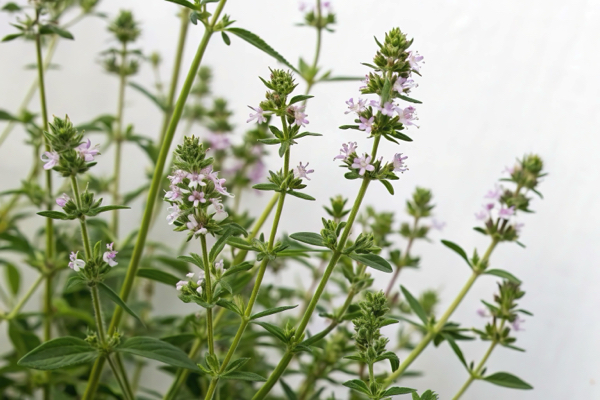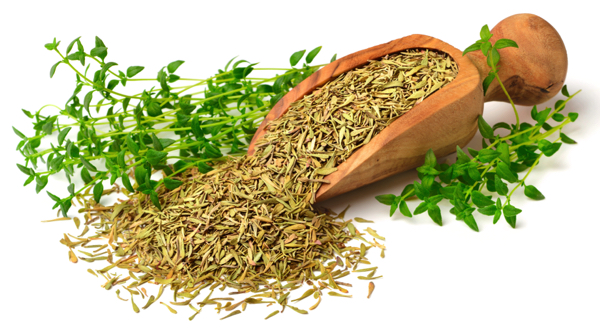Chamomile: A time-honored herbal remedy loaded with bioactive constituents
11/22/2024 / By Olivia Cook

Chamomile, often enjoyed in a calming cup of tea, has a long history as a natural healer and has recently become the subject of extensive scientific research.
For centuries, people have used this humble flower to ease stress, improve sleep and soothe digestive issues.
Chamomile’s main active ingredients are found in its essential oils – a potent mixture that makes up about 0.24 percent to nearly 2.0 percent of the plant by weight.
When these oils are carefully extracted, they reveal colors ranging from bright blue to deep green. Although the colors fade over time, the oil’s health-promoting qualities remain strong.
Chamomile’s key compounds include:
Flavonoids. Some of the most studied chamomile flavonoids are apigenin, luteolin and quercetin. Among them, apigenin stands out as a promising compound because of its potential anti-anxiety and calming effects.
Terpenoids. In chamomile, the terpenoids alpha-bisabolol and chamazulene are particularly important because of the their potential anti-inflammatory and antibacterial effects. These compounds tend to be fragile, but they’re best preserved in a tincture – an alcohol-based preparation.
Chamomile’s health benefits
What makes chamomile so special is its unique collection of natural compounds, known as “bioactive constituents.” These compounds are the plant’s naturally occurring, health-promoting chemicals, which provide benefits like anti-inflammatory and antioxidant effects.
Inflammation
Chamomile’s essential oils, particularly alpha-bisabolol and chamazulene, may help reduce inflammation. Research shows that these oils penetrate below the skin’s surface, which makes them effective when applied topically. They also seem to work by blocking enzymes associated with inflammation, which could make chamomile a useful addition to anti-inflammatory creams.
Anxiety
Chamomile has shown modest benefits in patients with generalized anxiety disorder (GAD). Studies indicate that chamomile extract might reduce anxiety levels, while apigenin may lessen seizure activity in certain animal models. Although chamomile shows potential as an anti-anxiety agent, more research on its effects and mechanisms is required.
Blood sugar and diabetes
Research suggests that chamomile may help manage diabetes by lowering blood sugar levels, reducing oxidative stress and protecting pancreatic cells. Chamomile’s effects are independent of insulin secretion, which could make it useful as a complementary approach to diabetes care.
Bone health
In preliminary studies, chamomile extract showed promise in promoting bone health by stimulating bone cell differentiation. The extract appeared to support bone-building activity through an estrogen-like mechanism, which could make chamomile a potential natural option for reducing bone loss in aging populations.
Digestive and stomach issues
Chamomile has been used for centuries to treat a range of digestive and stomach issues. Research on an herbal mixture containing chamomile found that it helped reduce acid levels in the stomach and provided protection against ulcer development. Chamomile’s ability to soothe digestive muscles and reduce inflammation makes it particularly effective for calming an upset stomach or relieving bloating.
Chamomile’s soothing effects on inflammation may also benefit conditions, like acid reflux or inflammatory bowel disease. Some studies suggest chamomile could even help combat Helicobacter pylori, a common bacteria that can cause ulcers.
Heart health
Some studies suggest that chamomile may benefit heart health by reducing certain risk factors. For example, elderly men who regularly consumed antioxidant flavonoids had a lower risk of heart disease. Another small study found that chamomile tea could slightly increase artery pressure and help patients with cardiac conditions sleep more soundly.
Anticancer
Apigenin in chamomile has shown promising results in lab studies for slowing the growth of cancer cells, including those in breast, prostate and skin cancers. Importantly, chamomile appears to impact cancer cells without harming normal cells.
Natural sleep aid
Chamomile’s reputation as a natural sleep aid is backed by its mild sedative effects, likely due to apigenin – a compound that binds to benzodiazepine receptors in the brain. Although clinical trials are sparse, some studies indicate that chamomile extract has calming effects similar to sedative medications.
Read more stories like this at Remedies.news.
Watch this video about chamomile’s health benefits.
This video is from the Holistic Herbalist channel on Brighteon.com.
More related stories:
Chamomile tea can help give you better sleep and glowing skin at the same time.
Chamomile tea is not just for promoting sleep, it has other health benefits as well.
Chamomile tea side effects you should know about.
Sources include:
Submit a correction >>
Tagged Under:
alternative medicine, anti-inflammatory, anticancer, anxiety relief, blood sugar, bone health, chamomile, chamomile tea, digestion, food cures, food is medicine, heart health, herbal medicine, Herbs, mental health, Mind, natural cures, natural health, natural medicine, Naturopathy, phytonutrients, plant medicine
This article may contain statements that reflect the opinion of the author
RECENT NEWS & ARTICLES
COPYRIGHT © 2017 NATUROPATHY NEWS



















